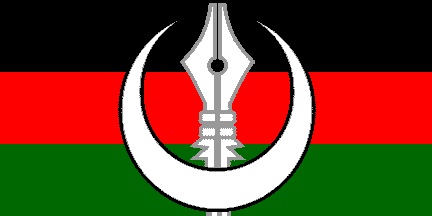Sudan’s NUP dismisses Bashir’s call for economic conference
October 11, 2013 (KHARTOUM) – The Sudanese opposition National Umma Party (NUP) has questioned the ability of the government’s proposed economic conference to resolve the structural problems in the Sudanese economy in the absence of a fundamental political solution.
 The Sudanese president Omer Hassan Al-Bashir, announced on Wednesday that his government intends to convene an economic summit next November that would focus on discussing the current economic situation.
The Sudanese president Omer Hassan Al-Bashir, announced on Wednesday that his government intends to convene an economic summit next November that would focus on discussing the current economic situation.
The NUP’s secretary of foreign relations, Nageeb Al-Khair Abdel-Wahab, said in a statement on Friday that the current problems of the economy are caused by the political crisis.
Abdel-Wahab downplayed the prospects that ruling National Congress Party’s (NCP) economic measures would solve the governance issues including the civil war, oversized federal government, popular acceptance, international embargo and sanctions.
He further asserted that Sudan’s political and economic problems wouldn’t be resolved through conferences but through bold and courageous decisions to tackle the root causes, adding that heading into the wrong direction would only lead to wrong solutions.
Sudan’s economy was hit hard since the southern part of the country declared independence in July 2011, taking with it about 75% of the country’s oil output.
Late last month, violent clashes erupted between the demonstrators and security forces in different parts of the Sudan following the government’s decision to remove fuel subsidies leading to at least 70 deaths according to official figures and more than a 200 according to human rights organizations, activists, and opposition.
Sudanese official said the economic measures will remain in place and emphasized that otherwise the country will go bankrupt.
Opposition parties consistently called on Bashir to hand over power to a transitional government. The interim government, according to them, should be responsible for holding a constitutional conference which will bring an end to the civil war and offer a framework for solving Sudan’s governance crisis.
(ST)
